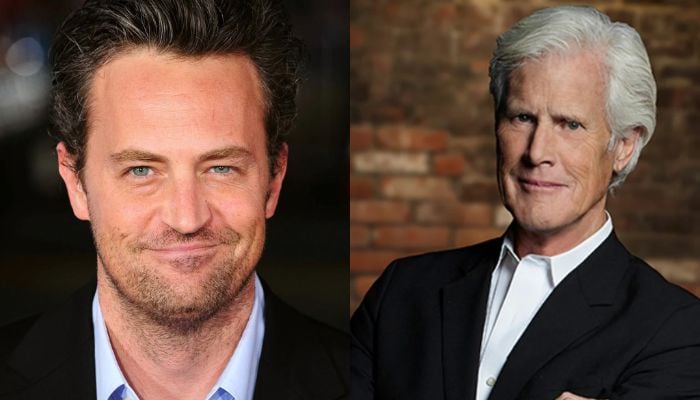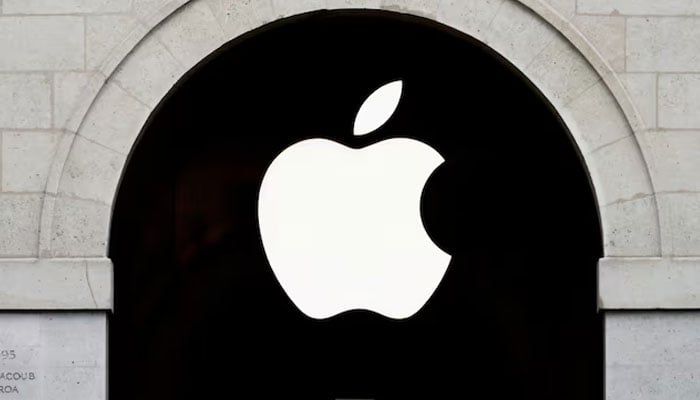

GAZA - UN agencies and local health officials in the Gaza Strip are launching an ambitious campaign to vaccinate 640,000 children against polio.
The rollout relies on a series of localised pauses in fighting between Israeli forces and Hamas fighters, with the first window set to begin on Sunday.
To be effective, the World Health Organization (WHO) says at least 90% of children under 10 must be immunised in a short time frame.
It follows the discovery of the first confirmed case of polio in 25 years in Gaza, with a UN expert saying more children are likely to be infected and that there could be a wider regional outbreak if the virus is not dealt with.
A video shot a few months ago shows that baby Abdulrahman Abu Judyan was crawling early. But now as he turns one, his mother Niveen - who lives in a crowded tent camp in central Gaza - worries that he will never be able to walk.
“It was very shocking,” Niveen tells the BBC, recalling her son’s recent diagnosis with polio, which has left him partly paralysed in one leg. “I wasn’t expecting this. Now he may not be able to crawl or walk and the child was left without proper medical care.”
On 7 October - the day of a shocking Hamas-led attack on southern Israel which killed 1,200 people - newborn Abdulrahman was supposed to receive routine vaccinations but never did.
During the war that followed, the Abu Judyan family from the very north of Gaza, have moved five times - first to Gaza City, then to different locations in the centre, to Rafah in the far south and back to Deir al-Balah.
About 90% of all Gazans have been displaced and with health services under huge strain, most children have seen their regular immunisations disrupted leaving them vulnerable to infection, like Abdulrahman.
“I feel a lot of guilt that he didn’t get the vaccination. But I couldn’t give it to him because of our circumstances,” Niveen says as she rocks her baby in a car seat. She desperately hopes that her son can be taken outside Gaza for treatment. “He wants to live and walk like other children,” she says.
The mother struggles to find clean drinking water for her nine children. Close to the makeshift tent where they live, raw sewage flows through the street. Conditions are ideal for the spread of diseases - especially polio which is highly infectious. Since discovering the virus in wastewater samples taken in June, UN agencies have been racing to set up an emergency mass vaccination programme.












